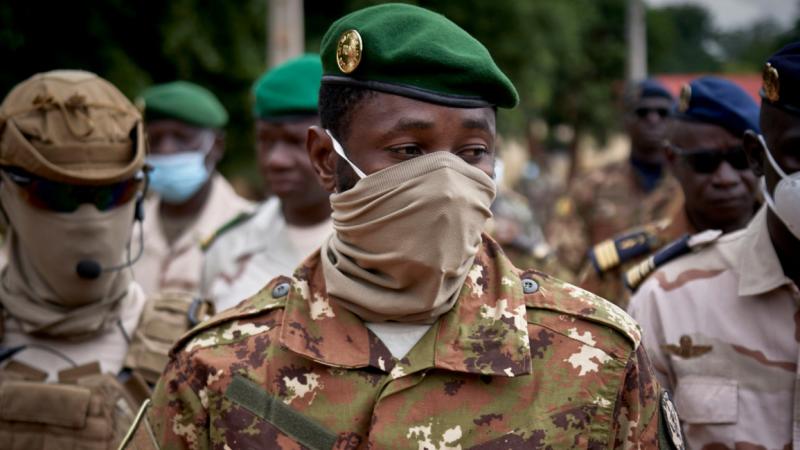On May 13, 2025, Mali's military-led government, under the leadership of Colonel Assimi Goïta, announced the dissolution of all political parties and organizations within the country. This decision follows weeks of escalating pro-democracy protests that began on May 3, marking the most significant public opposition since the junta seized power in 2020.Wikipedia
The protests erupted in response to the junta's proposal to extend the presidential term to 2030 and the suspension of all political activities. Demonstrators, comprising civil society groups, opposition coalitions, and ordinary citizens, have taken to the streets of Bamako and other cities, demanding a return to democratic governance.Wikipedia
Human rights organizations, including Amnesty International and the International Federation for Human Rights, have condemned the junta's actions, citing a pattern of repression and human rights abuses. Reports have emerged of arbitrary arrests, enforced disappearances, and the use of lethal force against protesters.Wikipedia
The government's crackdown has extended to media outlets as well. On May 14, the High Authority for Communication banned the French television channel TV5 Monde for its coverage of the protests. Additionally, several activists and opposition figures have been detained or have disappeared under suspicious circumstances.Wikipedia
The international community has expressed deep concern over the developments in Mali. Observers warn that the junta's actions could further destabilize the region, which is already grappling with security challenges posed by jihadist groups and intercommunal violence.Wikipedia
As the situation unfolds, the resilience of Mali's pro-democracy movement will be tested. The coming weeks are critical in determining whether the country can steer back towards democratic norms or descend further into authoritarian rule.

